The Louisiana Department of Health announced that it will adopt a statewide approach to preventing and addressing trauma across all child-serving agencies. Whole Health Louisiana is the state’s first attempt at addressing childhood adversity and trauma through the integration of … Read More
Trauma-Informed
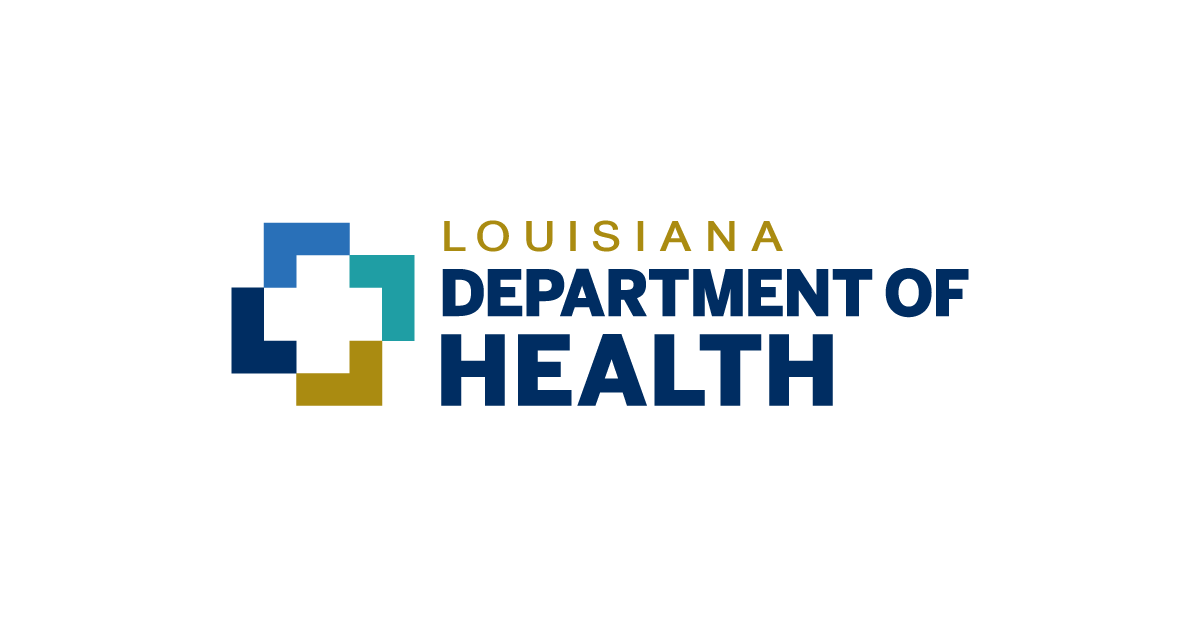

Containing Trauma: Closing the Wounds that we Open
Flashbacks. Nightmares. Distractability. Mood changes. Hyper-arousal. Developmental arrest. We are taught about the signs and symptoms of traumatic wounding through books and articles, trainings and conferences, symposiums and panels. We have learned how to adeptly detect our clients’ injuries—the moral, … Read More

Advances in Supporting Kinship Caregivers
Kinship care refers to the care of children by relatives or, in some jurisdictions, close family friends (often referred to as fictive kin). Relatives are the preferred resource for children who must be removed from their birth parents because it … Read More

Chart: “What do I do?” Trauma-Informed Support for Children
Check out this great guide from Echo to learn how you can give #traumainformed support to children: http://bit.ly/2Fi4PAg You’ve worked through the questions in our infographic “What Lies Beneath Behavior?” and instead of judging or punishing you’ve figured out the child is just … Read More

National Compendium of Trauma-Responsive Policies and Programs
Pathways to Resilience is pleased to announce the release their first major publication, a National Compendium of Trauma-Responsive Policies and Programs. The compendium summarizes a wide range of interventions, policies, programs, and governing bodies that states and communities are leveraging to prevent … Read More
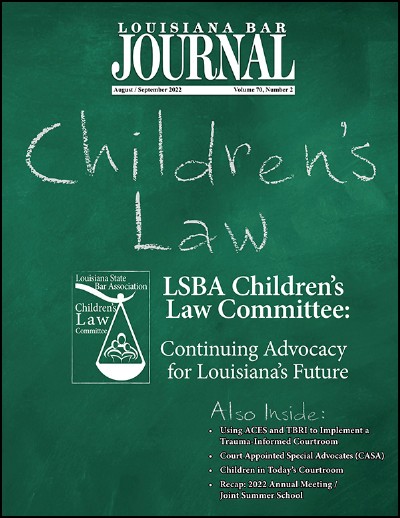
Using ACEs and TBRI to Implement a Trauma-Informed Courtroom
By Mark Harris, Josephine C. Vanderhorst and Kellie J. Johnson Adverse childhood experiences (ACEs) are defined in Louisiana law (R.S. 17:437.2) as “all types of abuse, neglect and other types of traumatic childhood experiences linked to lifelong health and social … Read More
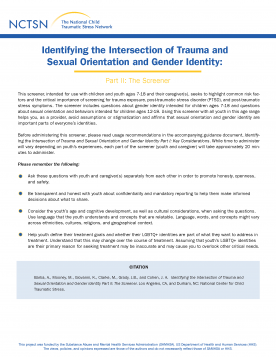
IDENTIFYING THE INTERSECTION OF TRAUMA AND SEXUAL ORIENTATION AND GENDER IDENTITY: PART II: THE SCREENER
NCTSN RESOURCE Resource Description Is intended for use with children and youth ages 7-18 and their caregiver(s). The screener seeks to highlight common risk factors and the critical importance of screening for trauma exposure, post-traumatic stress disorder (PTSD), and post-traumatic … Read More
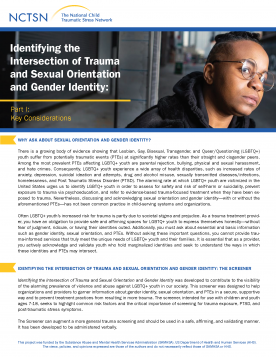
Identifying the Intersection of Trauma and Sexual Orientation and Gender Identity. Part I: Key Considerations.
NCTSN RESOURCE Resource Description Addresses why providers should ask about sexual orientation and gender identity, identifies the intersection of trauma, sexual orientation and gender identity, and provides goals for the screener. This resource also includes what studies have revealed about … Read More

Trauma-Informed Youth Transitions in Tribal Child Welfare
The Capacity Building Center for Tribes’ Tribal Information Exchange released a series of tip sheets on trauma-informed practice in tribal child welfare. One of the tip sheets, Trauma-Informed Youth Transitions in Tribal Child Welfare, focuses on helping tribal child welfare professionals … Read More
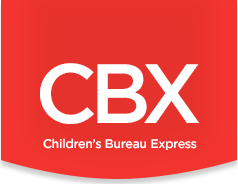
Five Ways to Serve Youth Through the Family First Prevention Services Act
A recent brief from the Center for the Study of Social Policy details five opportunities within the Family First Prevention Services Act (FFPSA) of 2018 for states to build a prevention continuum that focuses on healthy adolescent development. The brief also aims … Read More
